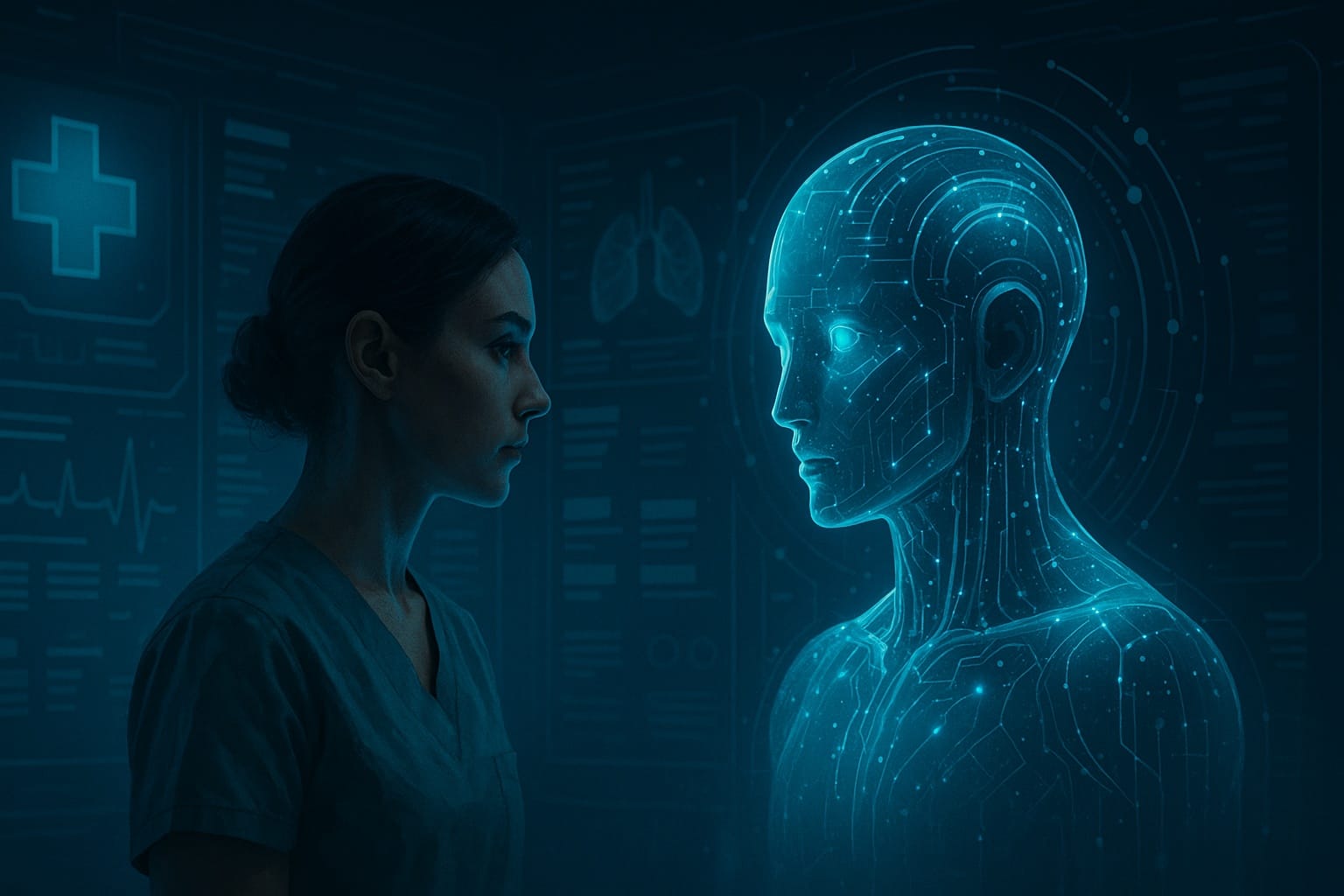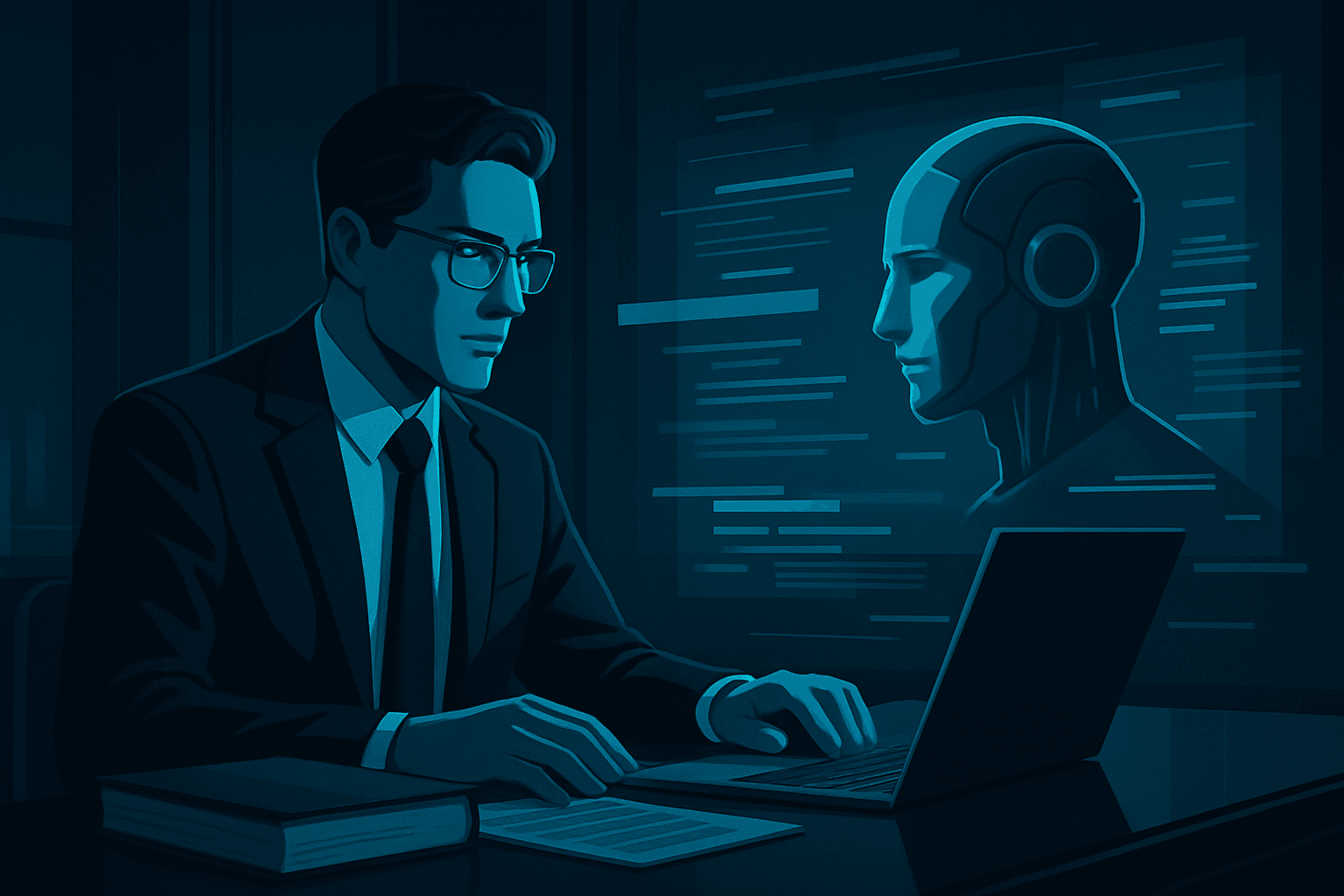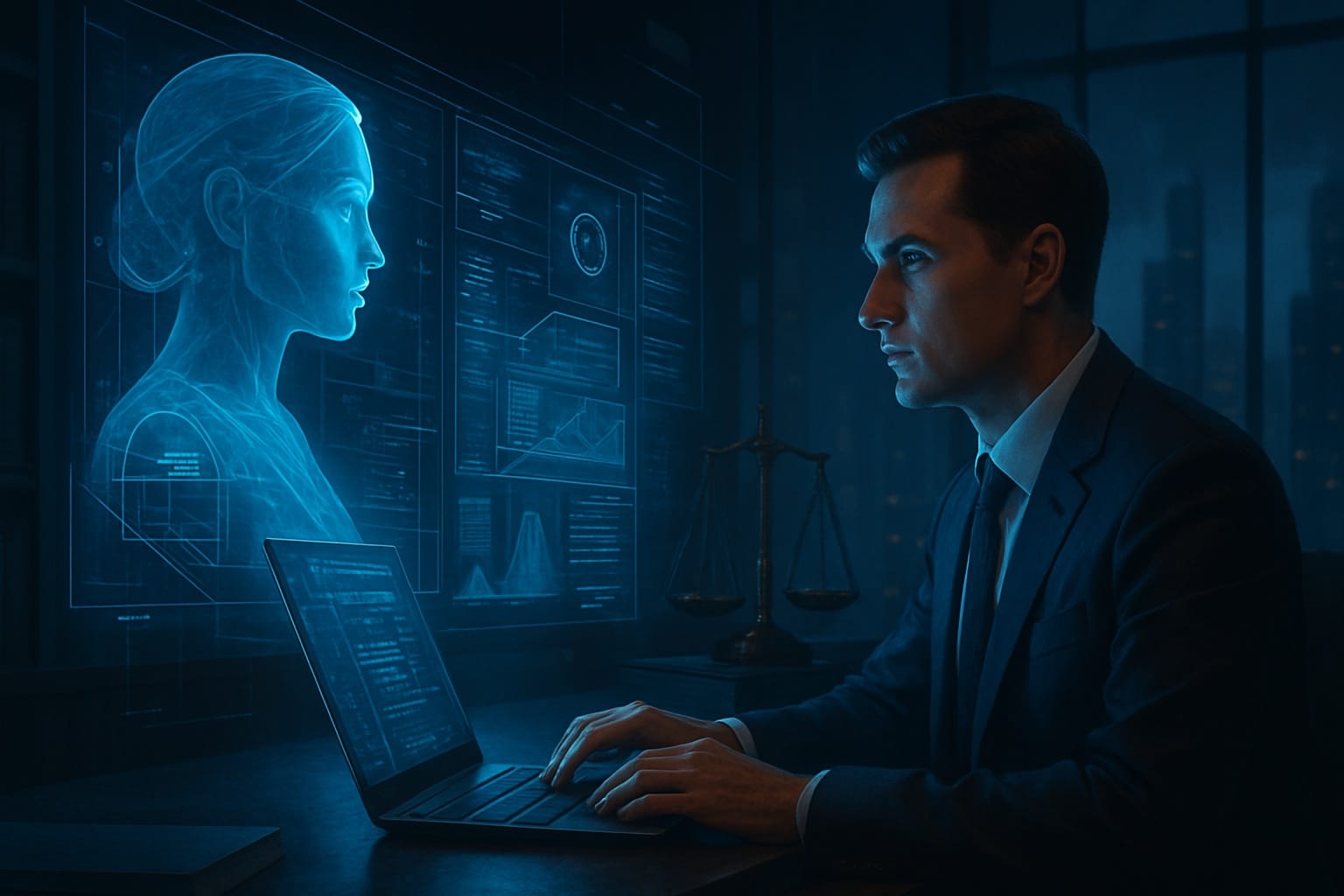Artificial Intelligence Innovations in Healthcare: Insights for IP Litigation Attorneys

Artificial intelligence has emerged as a transformative force in healthcare, particularly during the COVID-19 pandemic, where scientists, including those serving as software expert witnesses, applied advanced algorithms to address critical challenges. This article explores the role of artificial intelligence in drug discovery, lung screening, and contact tracing, offering insights into their technical complexities and relevance to intellectual property (IP) litigation.
Artificial Intelligence in Drug Discovery
Drug discovery is a prolonged process, often spanning 3 to 6 years for identifying viable drug candidates, followed by 7 to 10 years of clinical trials, as outlined by the National Institutes of Health. Artificial intelligence accelerates this timeline by enabling in-silico screening of thousands of compounds in just 3 to 6 months, significantly reducing the traditional half-decade process. For IP litigation attorneys, understanding the proprietary algorithms behind these simulations is crucial, as they often involve patented artificial intelligence models that may be subject to disputes over infringement or licensing.
Additionally, artificial intelligence facilitates the generation of novel drug compounds. Pharmaceutical companies typically test existing compounds first, a process that scales poorly when combining compounds. Testing pairs of 3,000 compounds requires approximately 9 million tests, while triplets escalate to 18 billion. Artificial intelligence, guided by experts who may serve as software expert witnesses, can propose targeted compounds, drastically reducing the candidate pool. This capability raises IP considerations around the ownership of AI-generated compounds, as seen in cases like DABUS, where AI inventorship is debated.
Lung Screening for COVID-19
Artificial intelligence has been applied to automate COVID-19 detection in lung imaging, leveraging image recognition techniques. However, a comprehensive study by Nature highlighted that many proposed models were clinically unreliable due to methodological flaws, such as biased small datasets, variable international data, and poor integration of multi-stream data like imaging. These challenges underscore the importance of rigorous validation in AI development, a key focus in IP litigation when assessing the novelty or non-obviousness of patented algorithms.
For attorneys, the failure of these models illustrates potential vulnerabilities in AI patents, particularly when claims rely on unproven clinical relevance. Ongoing research, supported by institutions like MIT, aims to address these issues, with software expert witnesses often called upon to clarify the technical limitations and patentable aspects of such innovations.
Contact Tracing with Artificial Intelligence
Contact tracing seeks to curb viral spread by identifying and isolating potentially infected individuals. Traditional manual tracing, reliant on phone calls and interviews, is slow and hindered by delays in symptom reporting, asymptomatic cases, and incomplete contact recall. COVID-19’s contagious period, peaking 1 to 2 days before symptoms, exacerbates these issues, with testing and results adding up to 9 days of delay, according to the World Health Organization.
Artificial intelligence enhances contact tracing by aggregating weak signals to estimate exposure risk probabilistically. Unlike binary tracing apps, which provide simple yes/no alerts, artificial intelligence models offer nuanced probability measures, enabling earlier warnings and reducing exposure risk by over a week compared to manual methods. Research from Stanford University shows that such predictive models encourage behavioral changes, like self-isolation, when individuals suspect infection.
For IP litigation, the proprietary nature of these probabilistic algorithms often leads to disputes over software patents or trade secrets. Attorneys may engage software expert witnesses to evaluate the uniqueness of these models, especially when defending or challenging patent claims in court.
Artificial Intelligence’s Promise in Healthcare
Artificial intelligence continues to evolve, offering promising solutions to healthcare challenges like COVID-19. When disputes arise over these innovations, an artificial intelligence expert witness provides essential technical testimony to clarify complex algorithmic claims. The expertise of software expert witnesses is vital in navigating the technical and legal complexities of these innovations, particularly in IP disputes involving algorithm patents or AI-generated outputs. For deeper insights into leveraging artificial intelligence in healthcare or to consult with leading experts, visit Sidespin Group.
Written by
Related Insights
Discuss your Case
- info@sidespingroup.com
- (800) 510-6844
- Monday – Friday
- 8am – 6pm PT
- 11am – 9pm ET


